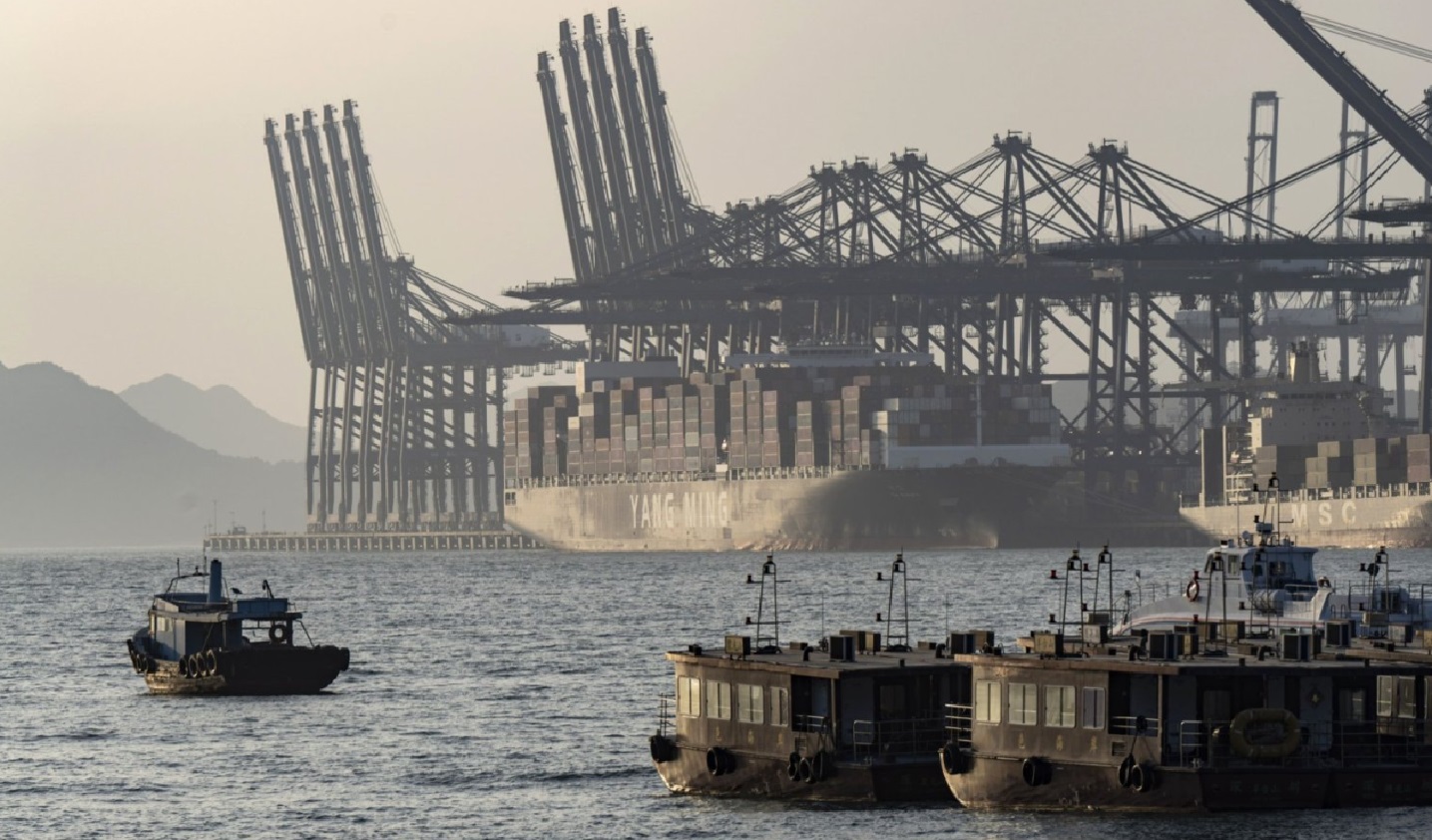The United Kingdom’s decision to leave the European Union has slowed the growth of the British economy and contributed to the acceleration of inflation, according to economists at Goldman Sachs Group, who compared the country’s performance since the 2016 referendum with that of other countries with similar economies.
The UK real gross domestic product (GDP) growth has lagged by 5%. The weaker international trade, low business investment and a declining share of migrants from Britain’s biggest trading partner contributed to these results, they said.
“Evidence suggests that Brexit will cost the UK economy dearly in the long run”, the experts wrote. “The UK has fallen far behind other advanced economies since the 2016 referendum to leave the EU”, adds the report.
Goldman’s conclusion is broadly in line with other assessments of Brexit’s impact. The UK’s official fiscal regulator, the Office for Budget Responsibility, said Brexit from the EU likely reduced last year’s GDP by 4%. Jonathan Haskel of the Bank of England said a year ago that Brexit had cost each British household an average of 1,000 GBP (1,260 USD).
Prime Minister Rishi Sunak has struggled to deliver on his promise to grow the economy since taking office at the end of 2022. The economists are divided over whether this week’s data will show the UK entered a technical recession at the end of last year.
However, Goldman argued that not all of the UK’s economic woes could be attributed to Brexit, pointing out that the pandemic and the energy crisis following Russia’s invasion of Ukraine had a major impact on growth.
Some economists, particularly those more supportive of the decision to leave the EU, have rejected the method, which presents the country’s possible outcomes if it had not left the EU. They, like the UK government, also point out how Britain’s real GDP has overtaken Germany and Italy since the referendum.



